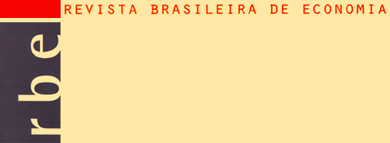This paper studies the effects of cash transfers to the poor on the labor market. We build a matching model of the labor market with endogenous job destruction in which agents can be in three states: employed, unemployed, or out of the labor force (home production). Workers are heterogenous in their labor market productivity. An idiosyncratic productivity shock arrives at constant instantaneous rate. Depending on this shock, workers might want to leave the labor market and workers out of the labor force might decide to look for a job. We introduce cash transfers to all agents with income below some threshold level. Our analytical results show: (i) The size of cash transfers has a negative effect on the employment rate, but an ambiguous effect on the unemployment rate; and (ii) the coverage of this welfare program has a positive effect on the employment rate, and an ambiguous effect on the unemployment rate. We also provide some numerical simulations.
Income Transfers; Job Creation; Job Destruction





































